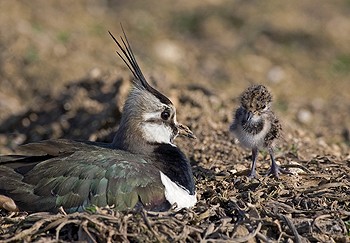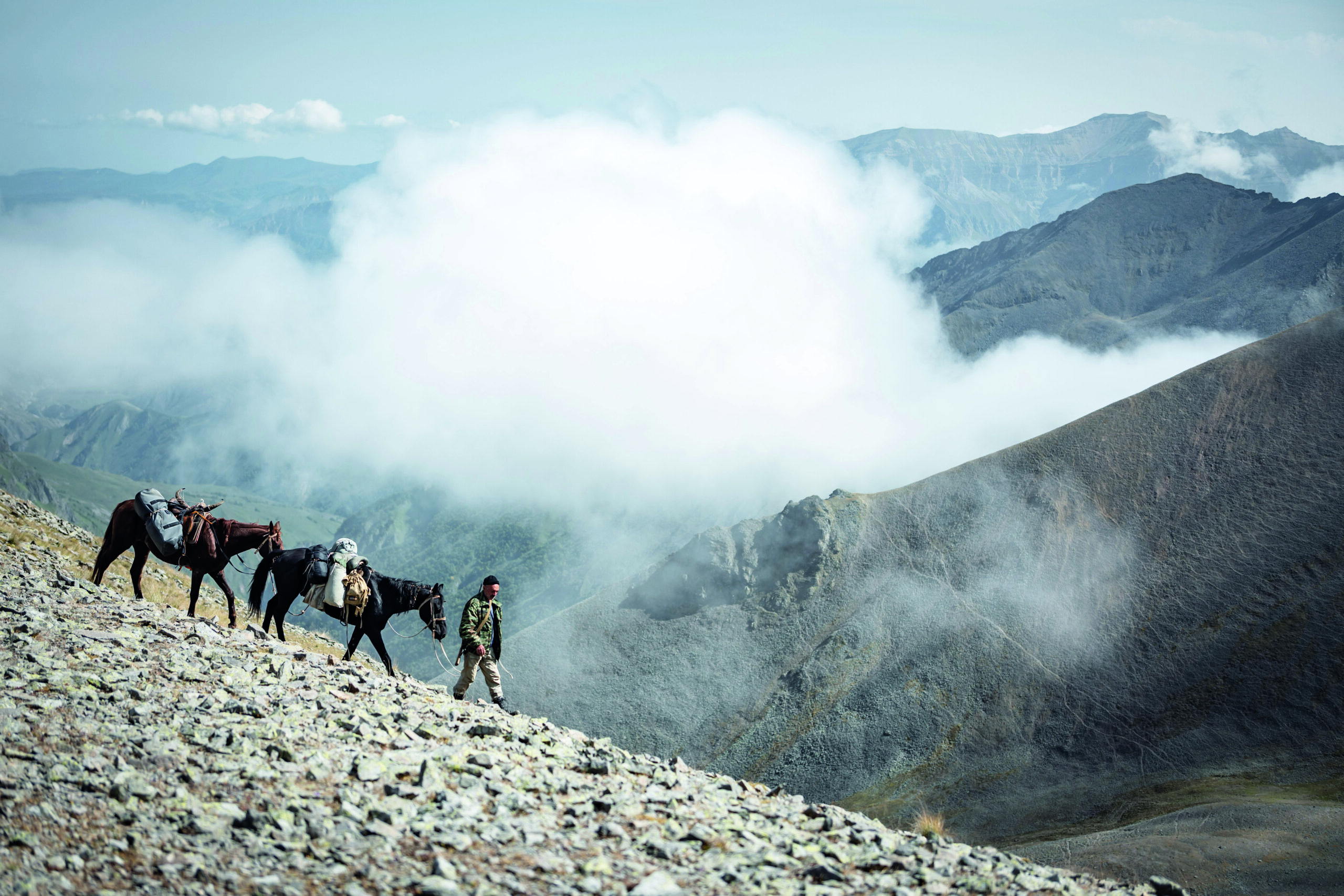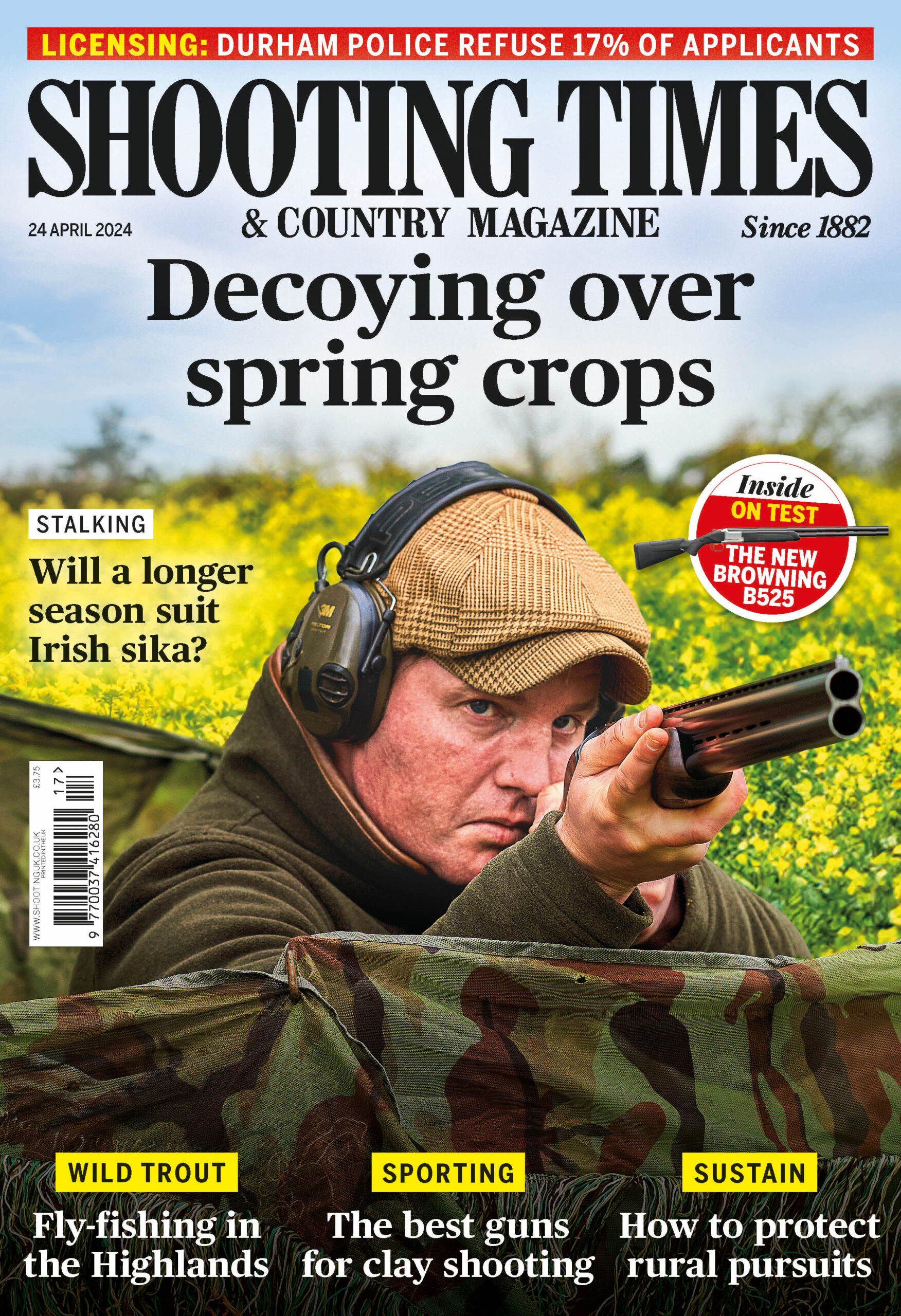Fieldsports: The right man for the job

What, in your view, does shooting contribute to the countryside in terms of the rural economy?
In pure monetary terms, we know it is well over £1billion per year, but its value to society is so much more than that. Shooting and conservation go hand in hand, and the work that shooting people do to maintain our woodlands, hedgerows and uplands is worth many more billions of pounds than what it would cost the state to do the same. One example is the vast number of acres of gamecrops that are planted every year, which are a rich source of habitat and feed for a huge number of non-game species.
There is a perception that shooting is purely a sport for the rich, but we know that the majority of shooters are on average incomes. How do we break down that prejudice?
Every shooting person has a job to do to sell the virtues of what they do. Part of that is to show that shooting is for all age groups and income groups, and is available to both urban and rural people.
You recently won the GWCT Grey Partridge Trophy for conservation work. That gives you the most satisfaction in your work for wildlife on your farm?
The ground-nesting bird project we have run at Englefield [in Berkshire] gives me more of a buzz than almost anything else. The gamekeeper, David Wiggins, sometimes texts me when I am in a ministerial meeting to tell me he has seen another brood of partridges or that another pair of lapwings have fledged. My spirits soar and I can?t wait to see for myself. One of the most exciting parts of this project is seeing the return of species such as the tree sparrow and the barn owl. Last year?s weather set us back, but there are positive results coming through this year.
What would you say to encourage landowners and shoots to replicate your success?
I hope that landowners and shoots make use of the incentives that the Government gives them to improve habitats and biodiversity. It is not for me to tell people what to do, but if others got half the pleasure that I do out of seeing nature re-establish its equilibrium, they would see what huge value it has.
In keeping with its support for the Big Society, what is the Government doing to support landscape-scale projects whereby smaller shoots and farms work together in conservation clusters?
As ministers we are keen that landowners and farmers of smallholdings are able to co-ordinate their habitat improvement work. We have seen, through our new Nature Improvement Areas (NIAs), how doing conservation work on a landscape scale really works. We have been doing lots of work with Natural England and others to make sure there is as much joined-up thinking being done across farm boundaries.
Will the Government keep Entry Level Stewardship and Higher Level Stewardship funding at the same level given Common Agricultural Policy (CAP) reform cuts to agri-environment schemes?
We see it as vital to keep putting funds into agri-environment schemes. It is too early to say precisely what the new structure will look like, but I am confident that my colleague Owen Paterson?s efforts on CAP reform will see a continuation of much of the good work that has been done in recent years. There are many things that are wrong with the CAP, but agri-environment schemes have been good for farmers, good for the environment and particularly good for wildlife.
This Government hasn?t been afraid to tackle deeply controversial issues of wildlife management. Is proper wildlife management more important than public relations?
Sometimes we have to make decisions to intervene in nature to protect it. We need to have a debate based on facts, not on emotive rhetoric. If we don?t intervene and control species that are impacting on endangered ones, we risk consigning future generations to being unable to see the rich wildlife we currently enjoy. This means politicians have to be brave at times in facing down short-sighted prejudices in order to protect our countryside for the future.
Do you think there are dangers in non-governmental organisations claiming to be not only the public voice but also the ultimate authorities on scientific, moral and legal aspects of wildlife and countryside management?
I think it is vital that those who are active in the countryside, such as farmers and shooting people, are also the voice of the countryside. It is the people who are coppicing woodland, protecting marshes from the sea or burning heather to maintain moorlands who are the real guardians of our natural environment. They need to use every means at their disposal, such as the media, lobbying and social media, to get the message across about the work they do. The Government will continue to support science, but organisations such as the GWCT are respected on all sides for the work they do.
Instead of the Food Standards Agency issuing advice on how much game we should eat, what could the Government do to promote a locally sourced and healthy British product? And how do you cook your pheasant?
Game is natural and healthy. I have been really pleased by the way in which many food retailers have used game in recent years. Venison now flies off the shelf and, as the natural suspicion people have for such products diminishes, the Government can support well-targeted marketing campaigns, but I am fiercely opposed to the Government telling people what they should or shouldn?t eat. My favourite recipe for pheasant is actually one for chicken in a Mary Berry book. It involves cream, Worcestershire sauce and mango chutney. It furs up your arteries but it is delicious!
During your time in office, what has been your greatest achievement?
I suppose securing the first-ever proper reform for the Common Fisheries Policy must be one of them. I hope my legacy might be that we set in train a process that saw 75 per cent of our rivers that are failing ecosystems being brought into proper management. I also hope that the 12 NIAs we created across England will blossom into many more in the years ahead.
What do you hope to achieve in the time remaining in this parliamentary term?
We have a huge agenda that includes growing the rural economy through policies such as the roll-out of super-fast broadband, reversing the decline in biodiversity through proper practical environmental improvement, and protecting this country?s trees, plants and animals from disease. That?s enough to fill anyone?s day!
Finally, what is your idea of a perfect day?s sport?
Last year, I was lucky enough to be with my 18-year-old son when he caught a salmon, shot a stag and shot a brace of grouse on the same day. This so-called Macnab is the holy grail of fieldsportsmen, but to do it with your son is special.








